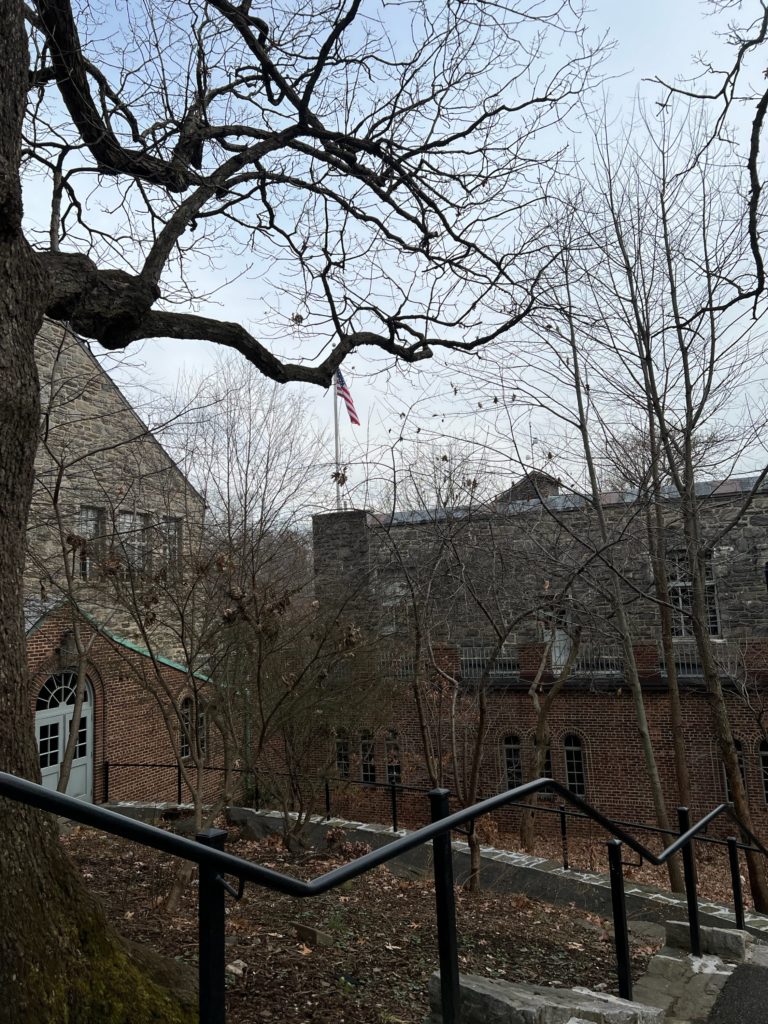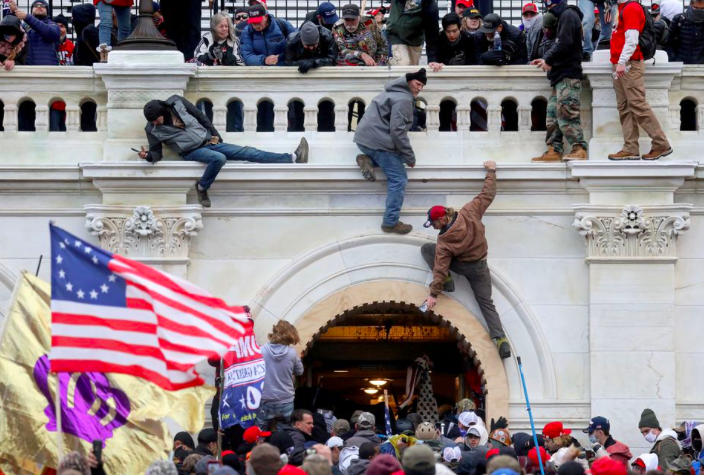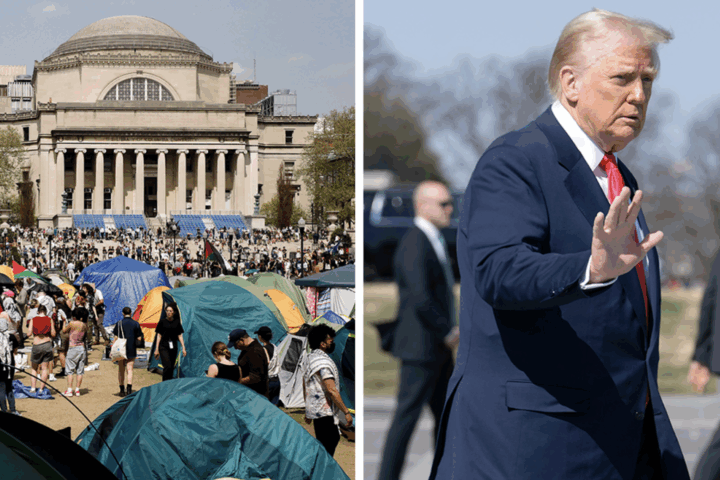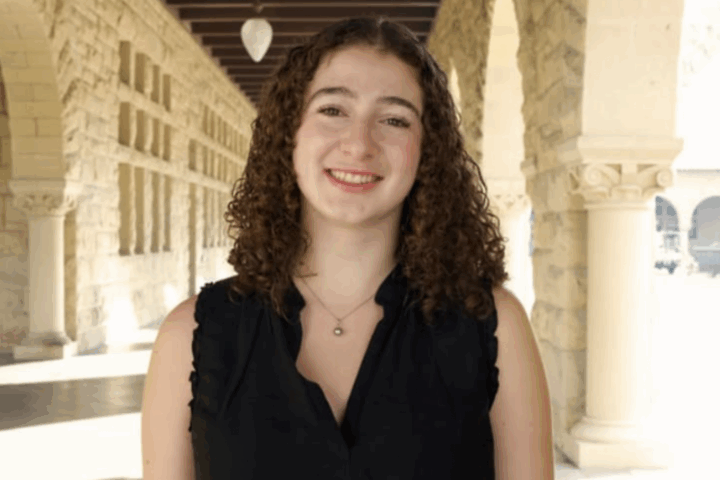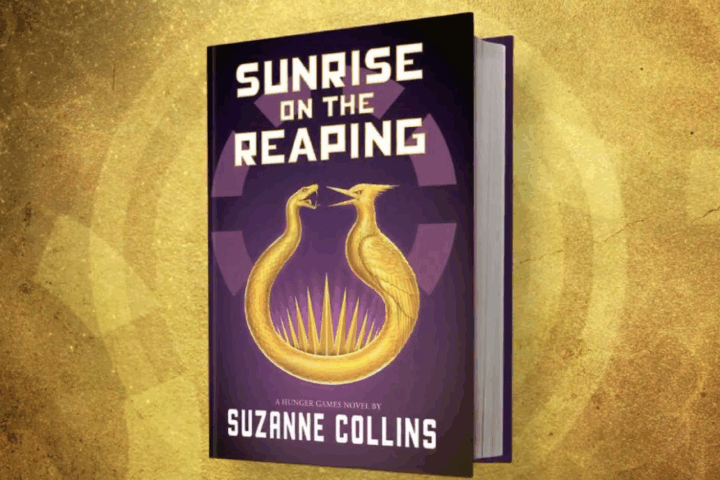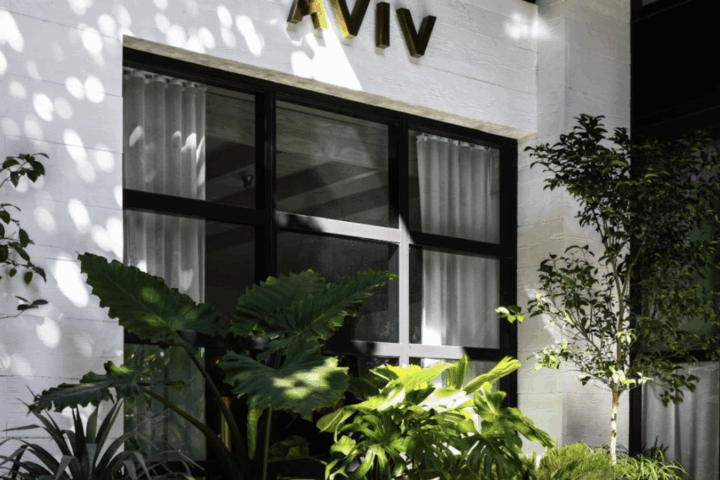photo credit: Reuters
One year ago, on this day at 1:10 pm, former President Donald Trump told a crowd of his supporters in Washington D.C. “We’re going to the Capitol.” Approximately an hour and five minutes later, members of his supporters stormed the United States Capitol building. This attack was nothing short of an assault on democracy, on America and on the hopes and dreams of millions around the world. However, for Fieldston students, it began as just a typical day of virtual learning in the midst of the pandemic. Just as quickly as these domestic terrorists violated the Capitol grounds, google meet chats were set ablaze with messages urging everyone to turn on the news and watch what was happening in D.C. One year later, we examine the January 6th insurrection, its overall national ramifications and assess where we are now.
The 2021 Capitol Attack followed months of increasing political tension in the aftermath of the November 2020 presidential election, with steadily growing political violence in the background. Throughout the nail-biting victory for President Joe Biden, there were ubiquitous claims that the Democrats had committed voter fraud via the mail-in ballot system. Trump, several of his followers, and millions of Republicans embraced the argument of “invalidity” trying to undermine perhaps the most sacred democratic process: free and fair elections.
In the unresolved aftermath of the event, we sought answers. Representatives Bennie G. Thompson (D-MS) and Liz Cheney (R-WY) helmed a select committee to investigate the attack. 727 people have been charged, and almost 50 have been sentenced for their crimes. This search for answers has uncovered that explicit threats targeting the United States congress were ignored by law enforcement agencies. This includes the possible efforts to persuade Former Vice President Mike Pence into using his ceremonial role to contest the results of the election, even after the attack when the perturbed Congress reconvened.
Yesterday, Merrick Garland assured citizens that the investigations were being carried out efficiently and attentively. “These acts and threats of violence are not associated with any one set of partisan or ideological views,” he said. “But they are permeating so many parts of our national life that they risk becoming normalized and routine if we do not stop them.” While the attack was ultimately unsuccessful in preventing him from becoming president, it has remained a looming, incessant reminder of national divisions he once promised to repair and the distressed political environment he rules in.
Looking towards the 2022 midterms, Americans trust in the legitimacy of these elections and the electoral process in general looks bleak. Once the validity of the ballot is questioned, it subjects the legitimacy of not just one election, but future elections to the qualms and reservations of American citizens.
Fieldston’s politically engaged and activism-oriented student body is familiar with the grass-roots tasks required in the promotion and perpetuation of democracy; phone banking, protesting, explanatory assemblies, specialized curriculum, calls to action in political articles penned by our various student publications as well as the education and circulation of information on the issues we find ourselves most impassioned by are all part of our civic-political repertoire. This was highlighted this past year throughout critical gubernatorial elections in Virginia and New Jersey, alongside the reception of our new NYC mayor, Eric Adams.
Nonetheless, democracy has faltered at home and abroad. Cornell and Rensselaer Polytechnic Institute Scholars warn that Americans have reached the point of no return, which is reinforced by a pessimistic public opinion where 64% of Americans, according to a poll conducted by NPR and IPSOS, believe democracy is in crisis and at risk of failing. What do you do when the global exemplar of democratic practices, Winthrop’s ‘city on a hill’, faces fundamental threats to those very practices, perpetrated by their own free and fairly elected political leaders?
This past year, we have grappled with this question among many others, which at one time may have seemed like an inconceivable prospect. Yet, have we truly grappled with them? What one might once have considered reconcilable differences have become increasingly irreconcilable, to the point where it’s difficult to coexist with family, friends, co-workers, peers and teachers; eachother. Bold lines of a binary partisanship have been drawn, and the poisonous polarization which has emerged in a post-Trump world have informed two conflicting narratives. These narratives are cultivated by echo chambers, believed by significant segments of the U.S. population, sensationalized by the media and capitalized on by our political leaders. It seems impossible to authentically heal and unite Americans on the necessary notion that we will prevail and preserve democracy, if we essentially and inefficiently refuse to step outside such narratives and do so.
Thus, where will these sentiments lead us as a country in the aftermath of this event? Democracy is fragile and messy. The implications of undermining our most crucial democratic institutions, namely Congress and the necessary legitimacy of the electoral process, has propelled us into a crisis. Whether the more arresting and alarmist outcomes predicted for our nation – normalization of political violence, coup d’état or civil war – come to fruition remains uncertain.
The final blows to our democracy could come in the more likely, more existential and more insidious form of corroding confidence in democratic institutions, low electoral turn-out and growing apathy or distaste with abstract threats such as this when more sudden or shiny cultural, economic or political issues catch citizen’s eyes.
We have an unwavering devotion to preserving democratic values, unity and freedom. While these are lofty words and ideals, they are necessary to strive for as members of the generation obliged to mend our fractured nation.
